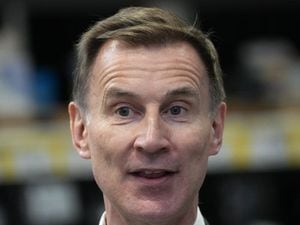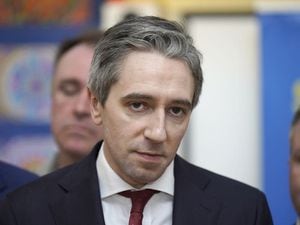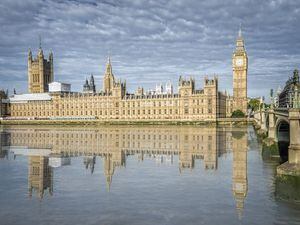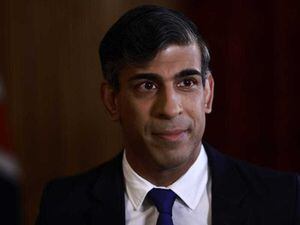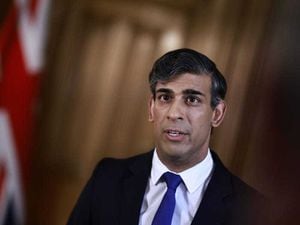Charles leads tributes to war dead on Armistice centenary
The Prince of Wales will lay a wreath at the Cenotaph on behalf of his mother.

The Prince of Wales is due to lead the nation’s tributes to all those who have lost their lives in conflict on the centenary of the Armistice today.
The event marks 100 years since the signing of the treaty which ended the battle on the Western Front of the First World War at the 11th hour of the 11th day of the 11th month of 1918.
Charles will lay a wreath at the Cenotaph on behalf of his mother for the second year in a row while an equerry will lay a wreath on behalf of the Duke of Edinburgh.
The Queen will watch the Whitehall service from the balcony of the nearby Foreign and Commonwealth Office.
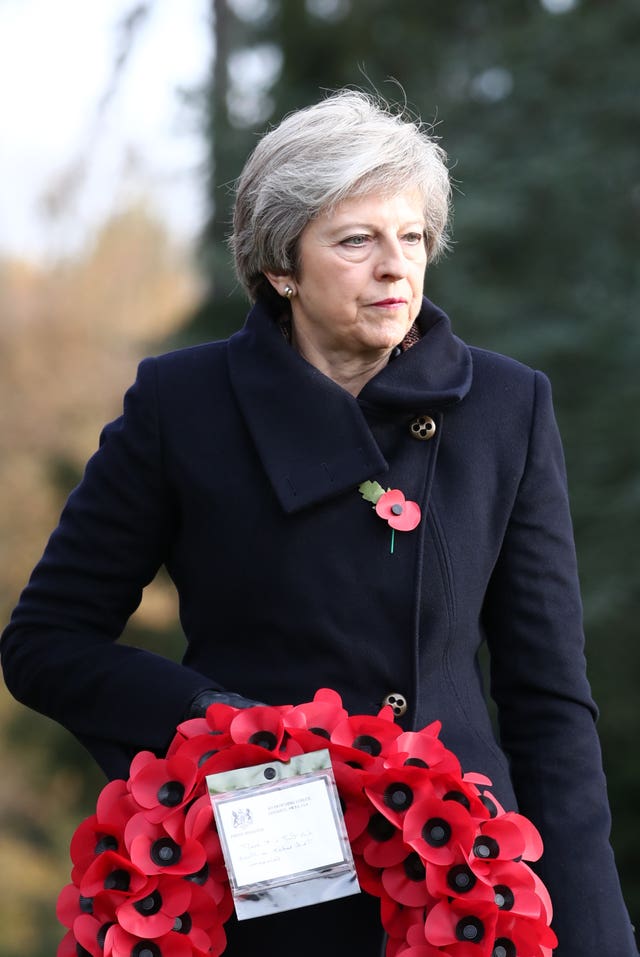
Other senior royals including the Duke of Cambridge, the Duke of Sussex and the Princess Royal will also pay their respects at the Cenotaph.
The Duchess of Cornwall, the Duchess of Cambridge, the Duchess of Sussex and other members of the Royal Family will join the Queen on the balcony.
Big Ben, which has been silent since renovations to the Elizabeth Tower began in August last year, will strike 11 o’clock to mark the hour the Armistice was signed.
Prime Minister Theresa May and Labour leader Jeremy Corbyn are also due to attend.
Crowds started lining the Mall in central London early on Sunday morning ahead of a “people’s march” this afternoon.
Wearing poppies and carrying wreaths, hundreds gathered from 9am to mark 100 years since the guns fell silent.
Big screens have been erected so those waiting can view the Cenotaph service.
The march will proceed around St James’s Park before turning into Whitehall, where 10,000 people are expected to stream past the Cenotaph.
Josh Marr, 18, is one of 100 National Citizen Service volunteers who will be marching.
The Plymouth University student said the group are representing “the young people of today, the young people of the future and the young people of 100 years ago”.
His great grandfather fought in Ypres in France.
He said: “My dad was saying he never spoke about the war, he wouldn’t want to at all because it was obviously something that really affected him.
“It’s something I have always found really interesting, how can something affect you so badly that you would never want to talk about it?
“It’s an experience that we as young people and general citizens now do not come close to feeling.”
A series of events have been planned to mark the special anniversary of the end of the Great War, including a procession of 10,000 people past the Cenotaph.
The day will conclude with a service of thanksgiving at Westminster Abbey.

